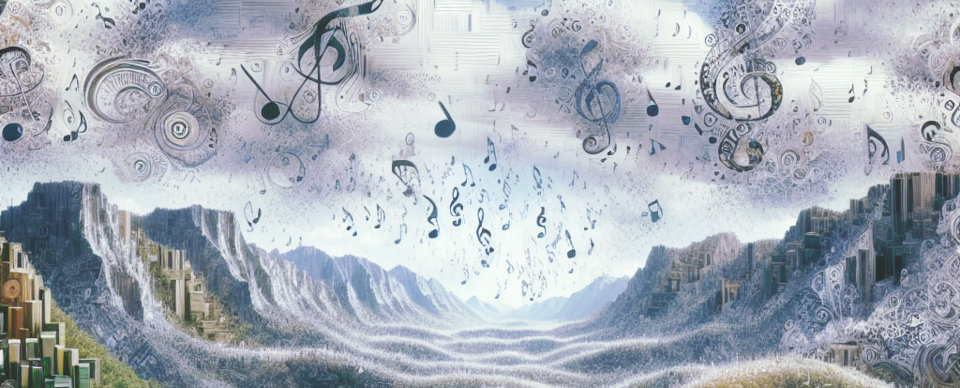We Can Safely Say It’s a Classic

Classical music – a timeless art form that has captivated audiences for centuries. To truly understand classical music is to embark on a journey of discovery, delving into the intricate melodies and harmonies crafted by master composers. It’s like exploring a vast musical landscape, where each note tells a story and every composition reveals a glimpse into the composer’s soul.
But what does it really mean to understand classical music? Well, let me use an analogy to explain. Imagine you’re reading a classic novel, such as “Pride and Prejudice” by Jane Austen. To merely read the words on the page is one thing, but to truly understand the themes, nuances, and social commentary embedded within the text requires a deeper level of engagement. Similarly, understanding classical music goes beyond simply listening to the melodies; it involves immersing oneself in its rich history, deciphering its complex structures, and appreciating its emotional depth.
To embark on this journey of understanding, it can be immensely helpful to refer to external sources. Just as one might consult literary analyses or scholars’ interpretations of Austen’s work to gain further insights, there are countless books and resources available that delve into the world of classical music. From biographies of renowned composers like Bach or Mozart to guides on music theory and analysis, these sources can provide invaluable context and expand our appreciation for this art form.
It’s also important to emphasize that understanding classical music doesn’t require us to love every piece or composer we encounter. Taste in music, like any other art form, is subjective. Just as some may prefer contemporary literature over classic novels or abstract art over realism, our individual preferences shape how we connect with different styles within classical music.
In fact, this brings me to another point – the relevance of classical music in our modern world. While some may argue that it belongs solely in concert halls or academic circles, I firmly believe that its influence extends far beyond traditional boundaries. Classical music has been sampled in popular songs, used as the backdrop for films and advertisements, and even incorporated into contemporary compositions.
By exploring classical music, we gain an appreciation for the technical skill and creativity of past composers. We can draw inspiration from their innovations, adapt their techniques to suit our modern sensibilities, and even experiment with blending classical elements into other genres. This fusion of old and new can breathe new life into classical music and make it accessible to a wider audience.
So, whether you’re a seasoned aficionado or just dipping your toes into the world of classical music, embrace the journey of understanding. Don’t be discouraged by initial challenges or feelings of uncertainty; instead, let curiosity guide you. Take time to explore different composers, genres, and eras. Seek out live performances or recordings that resonate with you personally. And most importantly, approach classical music with an open mind and a willingness to discover its timeless beauty in our ever-evolving modern world.



